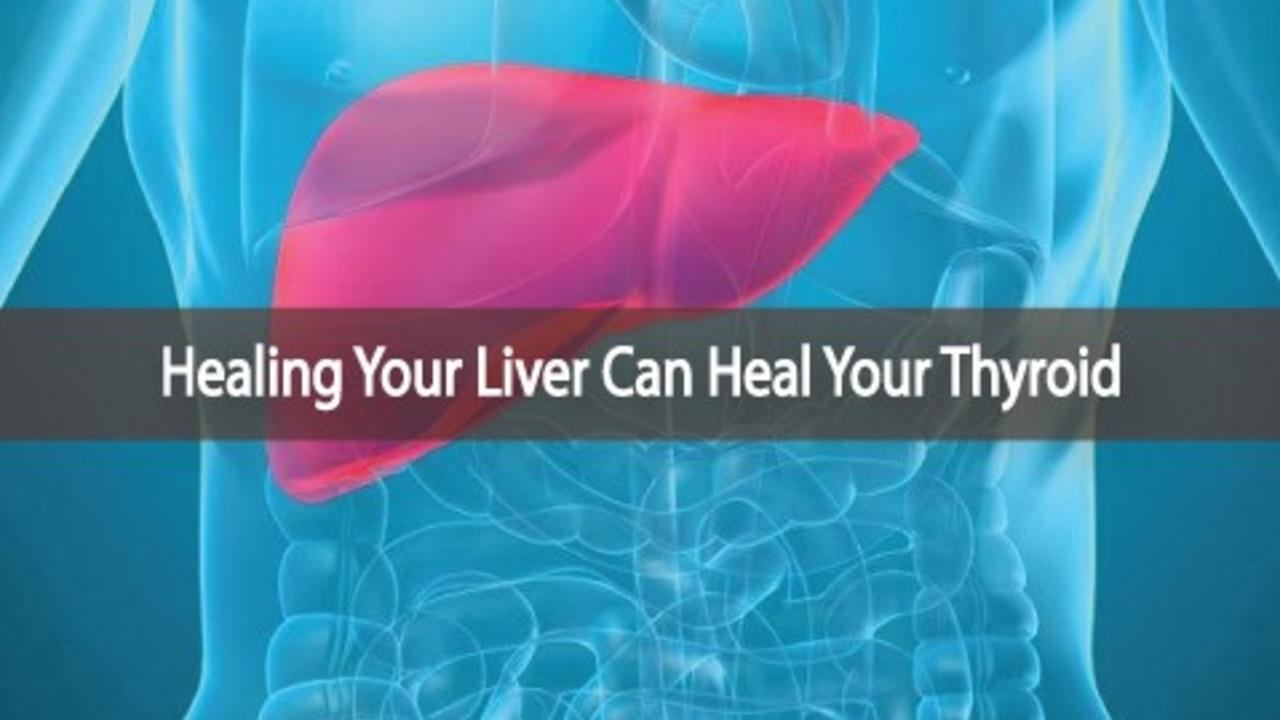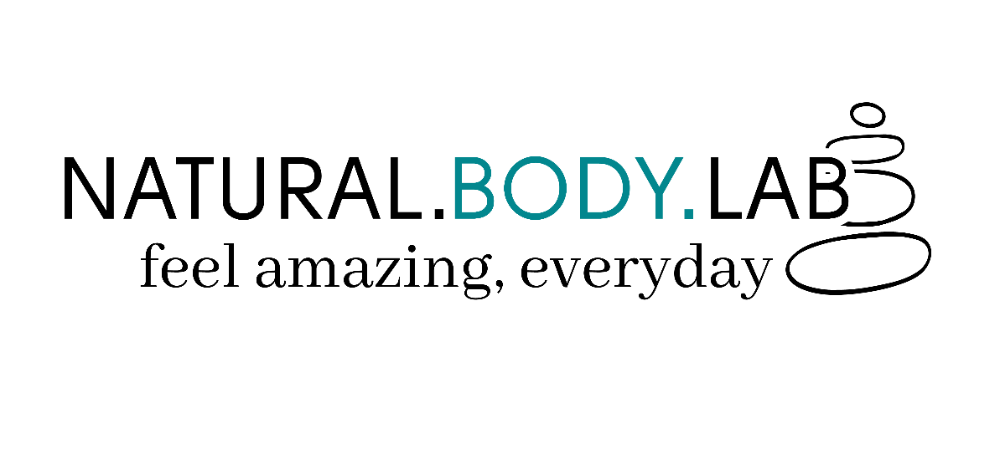An intricate link; The Thyroid and the Liver
Aug 12, 2020
Hashimoto’s and Hypothyroidism can cause a host of problems all over the body, but one place in particular where we can see it’s influence is on the liver and gall bladder.
The body is not a machine, like our earth it is a group of interacting ecosystems that all talk to one another and influence each other in both good and bad ways.
The liver and the thyroid are a perfect example of this. Here is a brief breakdown of how they interact:
- 60% of thyroid hormone is converted from T4 to T3 in the liver. Both T3 and T4 are glucoronidated and sulfated there. (More on that in a minute).
- Thyroid hormone influences the way that cholesterol and other lipids are synthesized and broken down (and where does this happen? – yes, the liver). With Hashimoto’s and hypothyroidism, this is often slowed down resulting in high cholesterol and other lipids like LDL and triglycerides.
- Thyroid hormone affects detoxification pathways in the liver and affects insulin growth factor and cytochrome P450 enzymes which metabolize lots of drugs and environmental toxins. When this slows you can have toxins build up.
- On the autoimmune side, research has shown a link between autoimmune thyroid and autoimmune liver diseases.
- Very high levels of thyroid hormone (T3) can raise bilirubin levels and can actually be toxic to the liver because it damages mitochondria.
How Does the GallBladder Fit In to This?
The liver has several pathways through which it metabolizes hormones, filters toxins, and cleans the blood. Byproducts from these processes are dumped into the gall bladder to help get them out of the body.
Low thyroid function slows down this whole process, making the liver and gall bladder sluggish and congested and helping to make gallstones.
Gallbladder x-rays in hypothyroid patients can show a bloated gall bladder that contracts sluggishly. This slows down the flow of bile which can lead to slower breakdown of fats and cholesterol and other toxins that are broken down in the liver.
This whole process can also lead to the formation of gall stones. Many people with Hashimoto’s have gall bladder issues.
How Is Thyroid Hormone Converted in the Liver?
Thyroid hormones are converted into their usable form in the liver (60% happens there), you can see how low thyroid function can create a vicious cycle.
Hypothyroidism messes with liver function and fewer thyroid hormones become active. So it goes until you have all of the common symptoms of too little thyroid hormone: fatigue, brain fog, joint pain, hair loss, weight gain, depression, etc.
Thyroid hormone is converted primarily through 2 processes- Glucornidation and sulfation, let’s break these down:
Glucoronidation: Glucoronidation is an important process for converting thyroid hormone.
This pathway is supported by B vitamins, magnesium, and glycine
Sulfation: Sulfation involves binding things partially broken down in the liver with sulfur containing compounds. It is one of the major detoxification pathways for neurotransmitters, toxins, and hormones (like thyroid hormones). Vitamin B6 and magnesium are important for sulfur amino acid metabolism, as are foods containing sulfur such as: eggs, cheese, meat, poultry, nuts and legumes.
Its important to choose animals products wisely, buy organic whenever possible because organic foods have far fewer toxins like antibiotics, hormones, and pesticides which can all cause problems of their own.
Another important point about sulfating is that it requires sulfate which is often poorly absorbed by the digestive system, especially by people with Hashimoto’s who often suffer from intestinal permeability or leaky gut syndrome. Sulfate is the oxidized, inorganic form of sulfur produced by an oxidation step called (you guessed it) sulfoxidation.
This step is made possible by an enzyme that is called sulfite oxidase which uses the essential mineral molybdenum. Problems with sulfoxidation can be seen in people who are sensitive to foods that contain sulfites (garlic) or dugs and food additives (in dried fruit and herbs, preservatives, in salad bars used to keep vegetables looking fresh).
(These people may also have an abnormally strong odor in their urine after eating asparagus. For these people one should consider molybdenum supplementation or organic sulfates like sodium sulfate or magnesium sulfate.)
The Emotions of the Liver & Gall Bladder
In Chinese medicine, interactions of the body are viewed in the body in the context of body, mind and spirit. This can be really helpful to see how these physical problems can affect you emotionally and psychologically.
The thyroid is part of the endocrine system which is viewed as qi and is derived from the yang energy of the kidneys. So the ancient Chinese recognized this relationship and how important one is for the other. The liver needs that qi to have the energy to do its job, and if it is clogged or blocked it can’t facilitate the movement of that energy throughout the body.
Anger, Irritability and a Short Fuse Are Symptoms of Liver Issues
When the liver gets stuck or clogged, the most common emotion that people experience is anger. This can be directed outwardly at people you know (usually people closest to you: family, co-workers, or friends), or this anger can be directed inwardly and result in depression and feeling of self-hatred and low self-worth. Or sometimes you have a combination of these two.
It is also interesting to note that in Chinese medicine the nervous system, tendons and ligaments and the eyes are thought to be part of the sphere of influence of the liver. So many people with Hashimoto’s also have issues in all of these areas: eye problems, tendon issues, and cognitive issues affecting the brain.
Gall Bladder Issues Make You Unable to Make Decisions
The Gall Bladder stores and secretes bile, this stimulates flow through the stomach and intestines and is very important in helping us to absorb and eliminate different foods as well as different ideas and concepts.
So proper bile flow and production also help us with proper judgment, clear thinking and decision making. If there are Liver/Gall Bladder issues we can end up taking actions without thinking them through, or making decisions and not following through on them or simply getting stuck, unable to decide what to do.
Stay connected with news and updates!
Join our mailing list to receive the latest news and updates from our team.
Don't worry, your information will not be shared.
We hate SPAM. We will never sell your information, for any reason.

